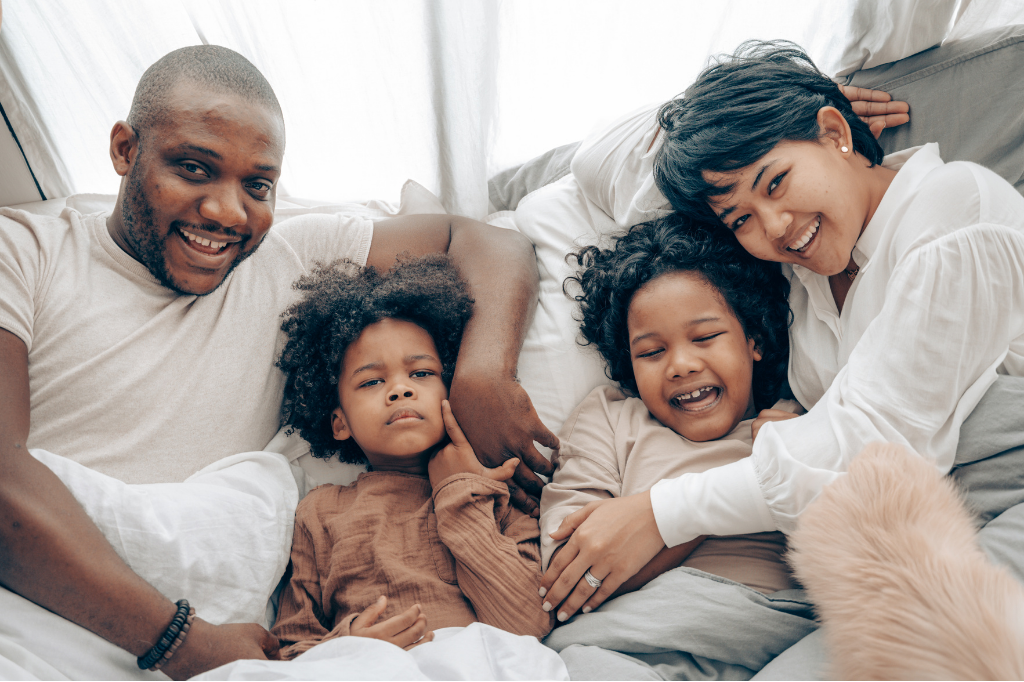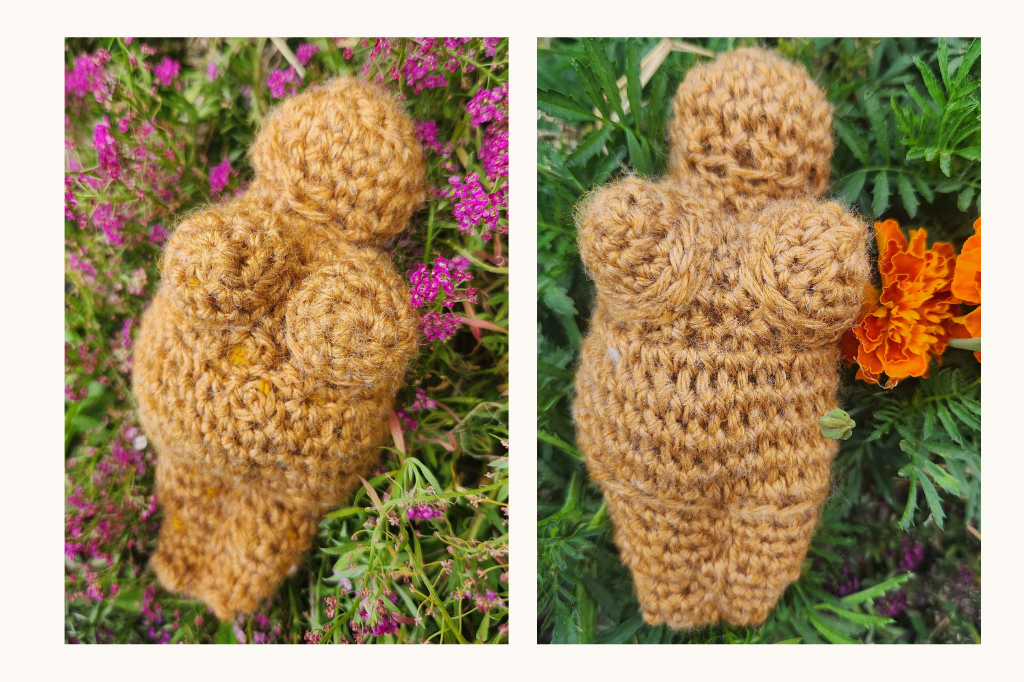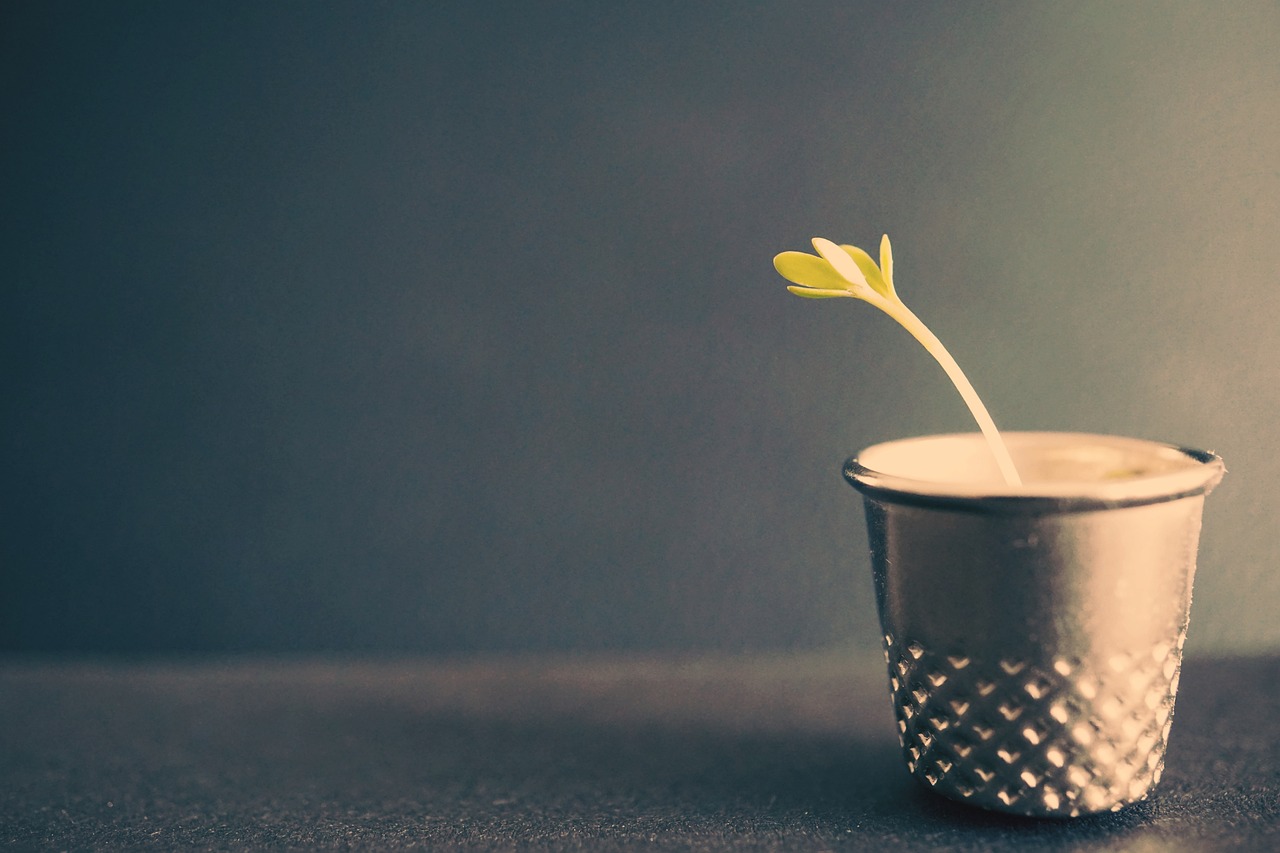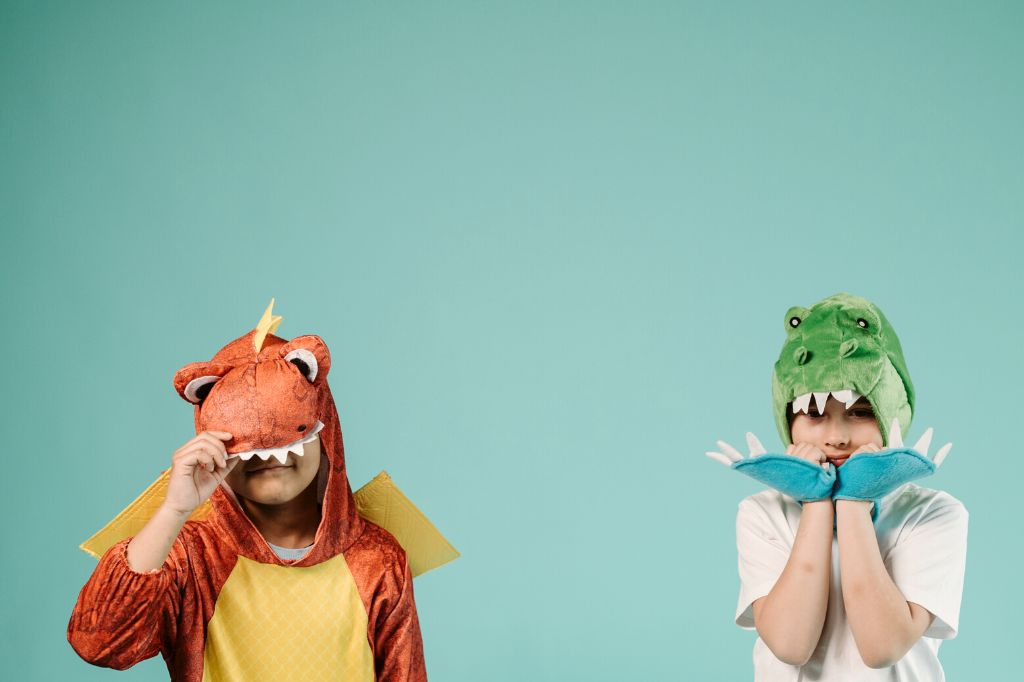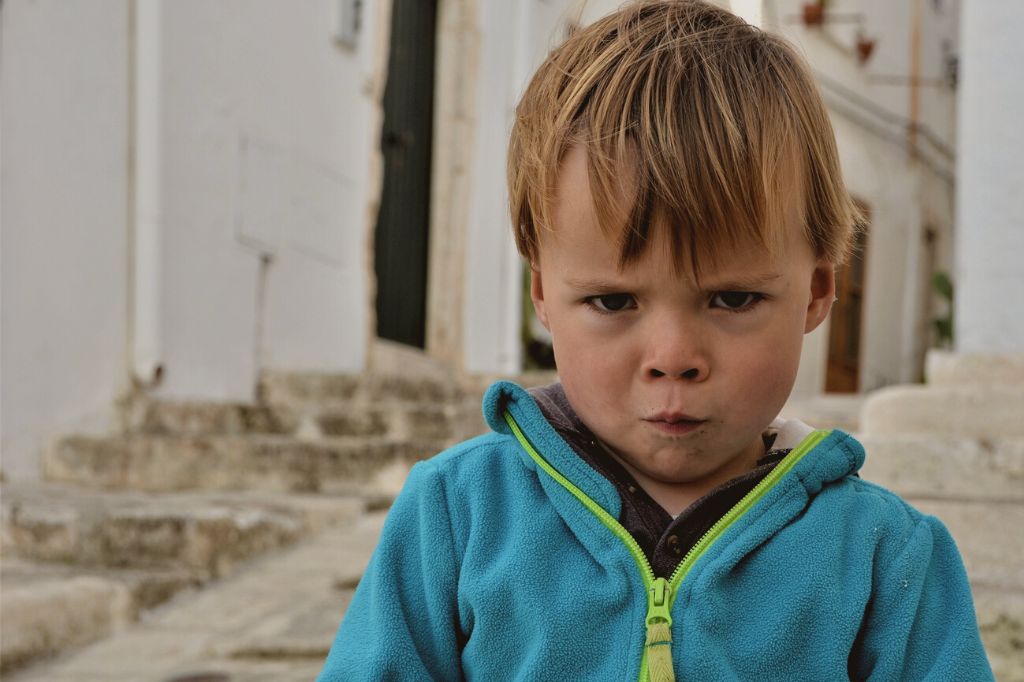What is co-regulation?
Co-regulation, short for Emotional co-regulation, is the process of using your own emotional control (i.e. your emotional regulation) to help someone else to regain control of their emotional state.
Co-regulation and parenting looks like modeling healthy emotional behaviors for children and providing emotional support. As an example, If your child is scared and you give them a hug that’s co-regulation.
What is the role of co-regulation in parenting?
In parenting, co-regulation provides the backbone of all emotional and social learning. Since co-regulation needs two people to happen let’s look at how that can play out in parenting.
Emotionally regulated parent + emotionally regulated child
= Emotionally regulated child
The ideal, everyone is happy and in control of their own emotions.
Emotionally regulated parent + emotionally unregulated child
= Emotionally regulated child
The goal, your child is having a meltdown or a tantrum and you stay calm and present to help them get back to being calm too.
Emotionally unregulated parent + emotionally unregulated child
=Emotionally unregulated child
The bad day, your child is having a meltdown and you are also having a meltdown. Everyone’s having a bad time.
Emotionally unregulated parent + emotionally regulated child
= Emotionally unregulated child
The problem one, you’re having a meltdown and it becomes your child’s job to fix your problems.
This one puts a lot of unfair responsibilities on the child and should be avoided. If you’re having a bad day and your child tries to comfort you that’s awesome.
If you are in a bad mood and you go to your child for a solution that’s no good, maybe they can do it but they shouldn’t have to. It will cause them a lot of grief as they get older and internalize the habit.
The importance of co-regulation and parenting
As the parent you set the tone of the house. When you are able to be present and calm your children learn to be present and calm too.
Children who grow up in households that are emotionally stable are more likely to grow into adults who are emotionally stable. And emotionally stable adults in turn tend to have better self-esteem, healthier relationships, and be less likely to accept abuse from others.
That’s a lot of good things!
Now, that being said, no one is going to be calm all the time. That’s totally unrealistic. I am fairly certain that even the Dalai Llama would struggle to be zen if he were a full-time parent.
Learning how to help your children regulate their emotions means first you have to know how to regulate your own.
It’s worth the effort though, teaching your kids how to be in charge of their own emotions is one of the most important things you can do to help them grow into stable and happy adults.
What do you think?
Do you agree about the importance of co-regulation in parenting?
Comment below and let me know!
For more information about how to incorporate co-regulation into your parenting take a look at my post Emotional Intelligence for Toddlers.

